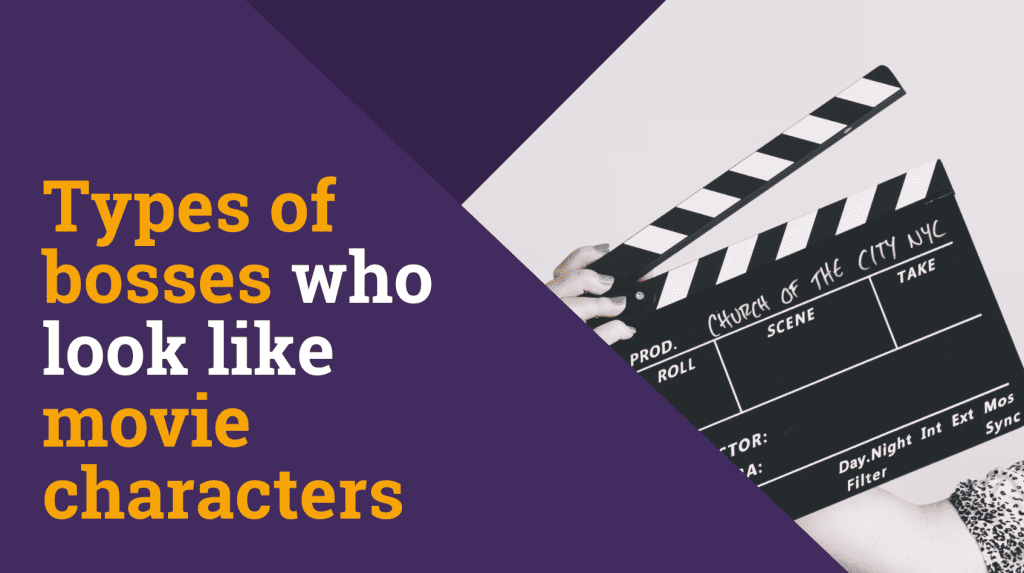The Halo and Horn effects are cognitive biases with which we prejudge a person with a positive or negative approach without knowing it.
These terms are not new, the American psychologist Edward Thorndike introduced them in the article “A Constant Error in Psychological Ratings” in 1920, to explain how a first image in front of a person can change. how we perceive it and how we judge it, thus confirming that human beings are not objective.
In this blog we will tell you what these terms refer to in the Human Resources area and how to manage them so that they do not affect your selection process.
It refers to the bias with which we judge a person positively, thus affecting our perception of him/her and conditioning his/her actions to the field of the positive.
This can be seen in the phases of the selection process, for example, in the interviews. There, recruiters are likely to be swayed by this effect if they do not remain partial to the applicant’s good image.
Thus, some of the problems that the Halo effect can bring to the selection process are:
- Lack of process credibility
- Wrong candidate selection
- Impediment to recognize the candidate’s skills to be strengthened
- Difficulty in giving good feedback, there is always something that can be improved.
In turn, in the corporate culture, the Halo effect can translate into favoritism that leads to team frustration and a poor perception of management.
Horn Effect in Human Resources
Contrary to the Halo effect, when we talk about the Horn effect we attribute negative judgments about a person without really knowing him or her. It’s that typical phrase ‘I don’t know why, but I don’t like this person’.
This effect is also very damaging to the selection process and at the same time becomes a challenge for the HR team, given the possibility of misjudging a good candidate.
Some of the main problems that this effect can cause are:
- Lose a good candidate
- Lack of professionalism in providing feedback to unsuccessful candidates
- Affect the image of the organization.
How to avoid Halo and Horn effects affecting recruiting?
1. Prioritizes neutrality
For this you should be aware that we can all be victims of the Halo and Horn effects, so you should ask whether the impression you have of the candidate is neutral or whether it is biased by your own prejudices.
This is not a simple exercise because we must do a work of self-analysis and reflection, but it is necessary for the process to be impartial.
The key is not to get carried away by emotions, question our judgment and always think about being impartial.

2. Prepare for interviews
It is vital that our interviews are structured according to what we need to know about the candidate. In this way we will have a clear idea of what to rate and under what parameters, reducing the risk of making wrong value judgments.
We always say that the first impression is the one that counts, and while it is relevant, it is not everything. Therefore, we must be careful not to be misled by false impressions that distort our assessment.
Here are 4 steps that can help you conduct an interview as objectively as possible.
- Be very clear about the skills required for the job.
- Classify these skills according to the level of importance
- Devise an interview that analyzes the past performance of candidates in the face of challenges they will find again in the new position.
- Create a scoring system to then objectively compare candidates
At the end of the process and with the data on the table, we will be able to provide our criteria and experience to decide which is the best candidate.
3. Get a second opinion
When selecting a candidate it is always best to involve more than one person. In this way we will have more than one trial when evaluating applicants and choosing a candidate.
It is important that the other person is also clear that we require an impartial opinion that favors the objectivity of the selection process.
Bonus: Non verbal communication
Knowing how to read the candidate’s non-verbal language will help you to know him better and understand his emotions at the time of the interview. If you want to know how to do it, we recommend you read our article Nonverbal language: What types there are and how to analyze them in an interview.
In short, these effects confirm that people are not objective. We will always have biases on different topics, so it is important to recognize them in order to set them aside and avoid biases in a recruitment process for new talent.
This, along with a good preparation of the selection process will make your evaluation much more neutral.
Try TalentFY in a Live Demo
Try our recruiting platform without compromise.
And if it doesn’t work for you, YOU DON’T PAY No small print.
Join our News
Subscribe and receive our most exclusive content and news every month
directly in your inbox.





